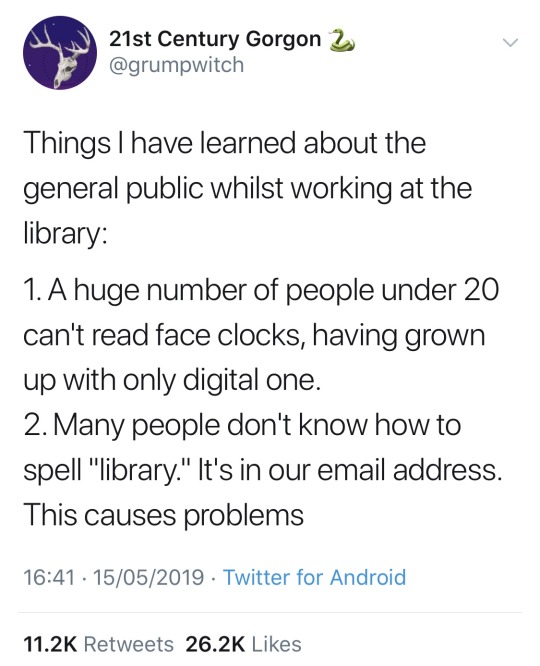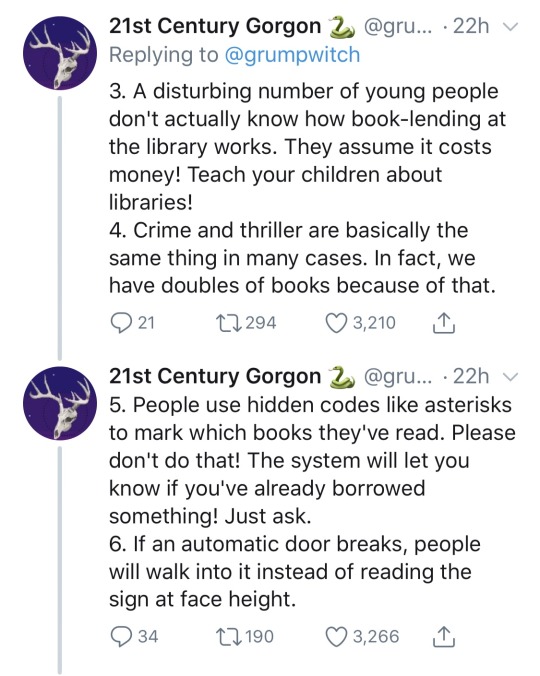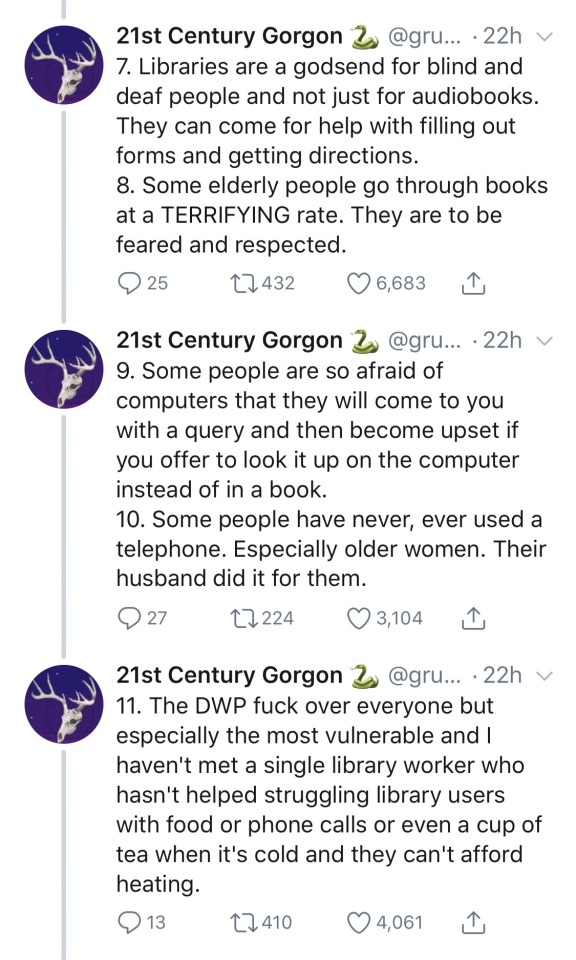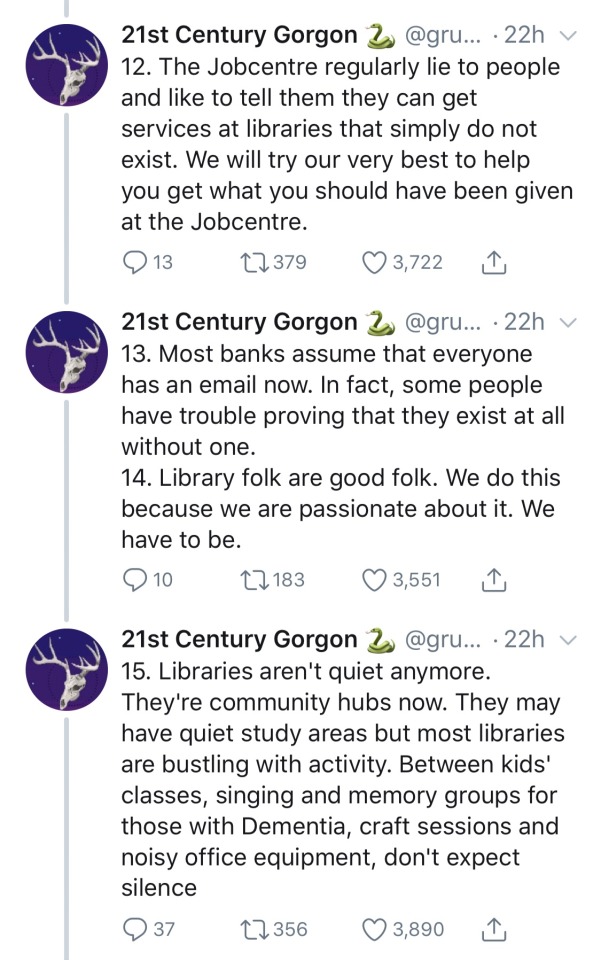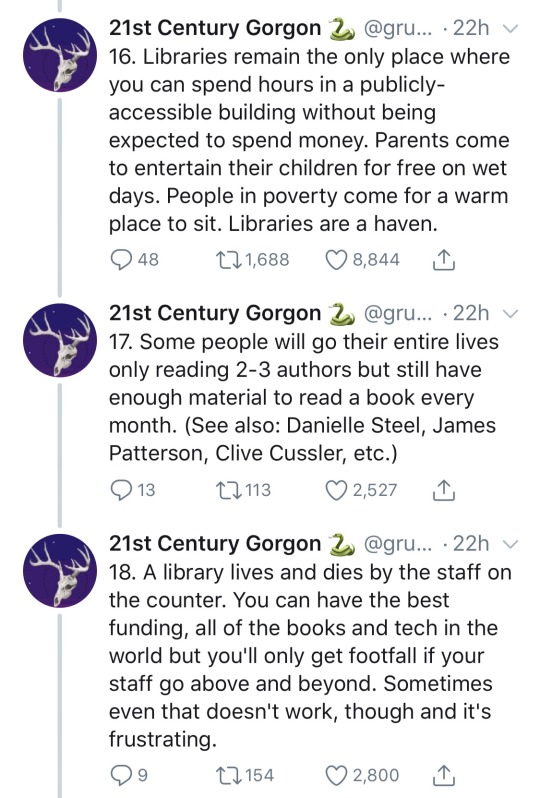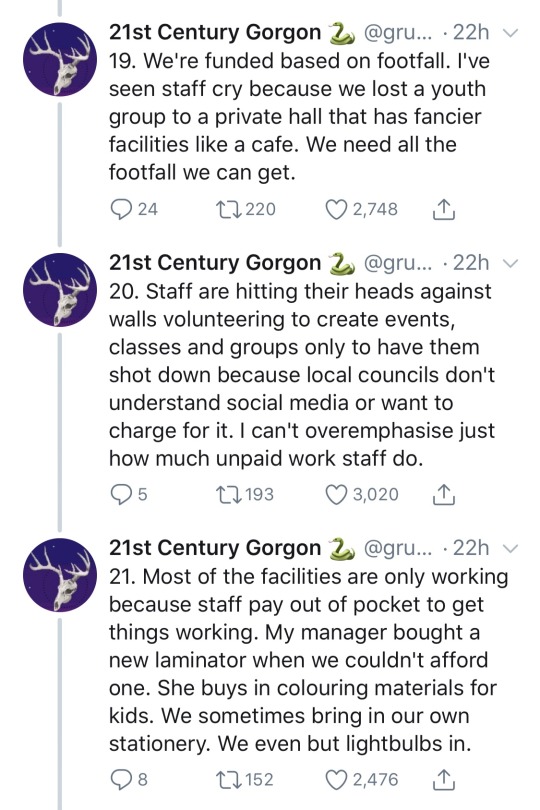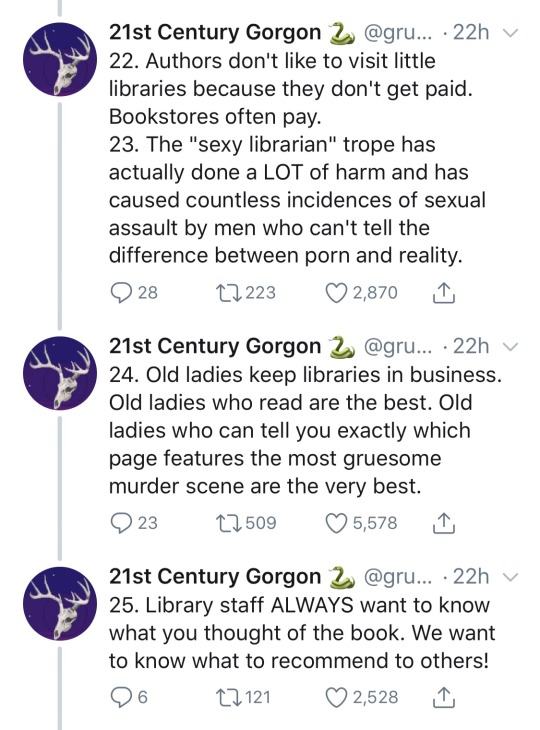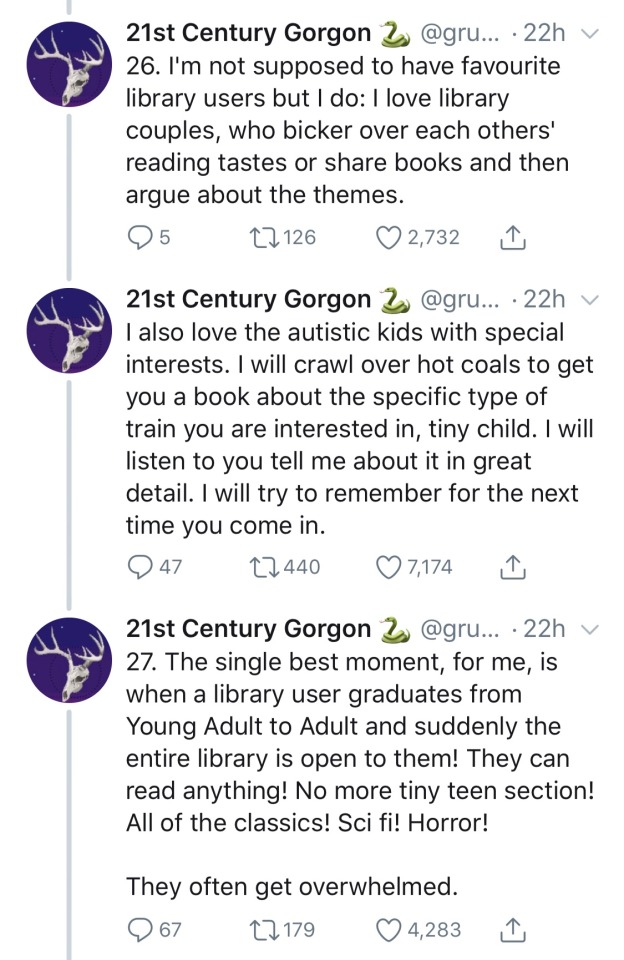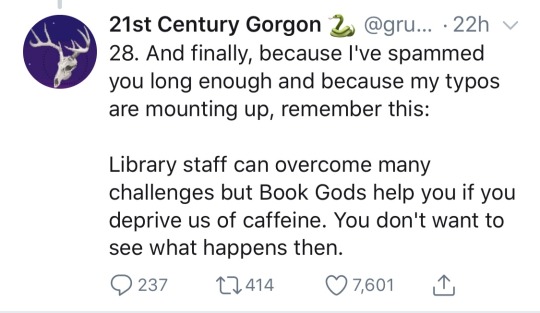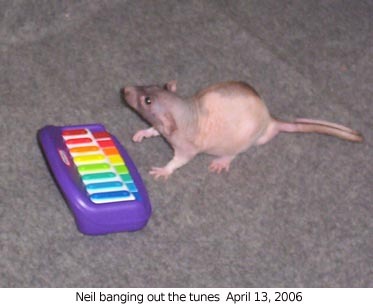Text
MUSIC ASKS these are actually pretty fucking hard but why not.
1:A song you like with a color in the title
2:A song you like with a number in the title
3:A song that reminds you of summertime
4:A song that reminds you of someone you would rather forget about
5:A song that needs to be played LOUD
6:A song that makes you want to dance
7:A song to drive to
8:A song about drugs or alcohol
9:A song that makes you happy
10:A song that makes you sad
11:A song that you never get tired of
12:A song from your preteen years
13:One of your favorite 80’s songs
14:A song that you would love played at your wedding
15:A song that is a cover by another artist
16:One of your favorite classical songs
17:A song that would sing a duet with on karaoke
18:A song from the year that you were born
19:A song that makes you think about life
20:A song that has many meanings to you
21:A favorite song with a person’s name in the title
22:A song that moves you forward
23:A song that you think everybody should listen to
24:A song by a band you wish were still together
25:A song by an artist no longer living
26:A song that makes you want to fall in love
27:A song that breaks your heart
28:A song by an artist with a voice that you love
29:A song that you remember from your childhood
30:A song that reminds you of yourself
355K notes
·
View notes
Text
Another day of being a sweetiepie. Just clocked in
43K notes
·
View notes
Text
LIST of GROUNDING EXERCISES
Grounding exercises are a way for you to firmly anchor yourself in the present.
Grounding exercises are things you can do to bring yourself into contact with the present moment – the here and now. They can be quick strategies (like taking three deep “belly breaths”) or longer, more formal exercises (like meditation).
Different strategies work for different people, and there is no “wrong” way to ground yourself. The main aim is to keep your mind and body connected and working together.
People who have experienced childhood sexual abuse or adult sexual assault can sometimes be confronted by flashbacks or intense memories of what was done, to the point that they are feel as if they are back there, re-living the abuse all over again.
A flashback is an example of being in the “there and then” rather than the “here and now,” so grounding exercises can help to bring you back.
• Remind yourself of who you are now. Say your name. Say your age now. Say where you are now. Say what you have done today. Say what you will do next.
• “My name is ________, and I am 26 years old. I am in my living room, in my home, in (neighborhood), in (city), in (state). I woke up early today. I had a shower and fed my dog. I just finished my coffee and toast. Soon I am going to walk to the train station and go in to work. I am going to walk down ______ street and then turn left at the bike shop. Then I am going to….”
• Take ten slow breaths. Focus your attention fully on each breath, on the way in and on the way out. Say number of the breath to yourself as you exhale.
• Splash some water on your face. Notice how it feels. Notice how the towel feels as you dry.
• Sip a cool drink of water.
• Hold a cold can or bottle of soft drink in your hands. Feel the coldness, and the wetness on the outside. Note the bubbles and taste as you drink.
• If you wake during the night, remind yourself who you are, and where you are. Tell yourself who you are and where you are. What year is it, what age are you now? Look around the room and notice familiar objects and name them. Feel the bed you are lying on, the warmth or coolness of the air, and notice any sounds you hear.
• Feel the clothes on your body, whether your arms and legs are covered or not, and the sensation of your clothes as you move in them. Notice how your feet feel to be encased in shoes or socks.
• If you are with other people, and you feel comfortable with them, concentrate closely on what they are saying and doing, and remind yourself why you are with them.
• If you are sitting, feel the chair under you and the weight of your body and legs pressing down onto it. Notice the pressure of the chair, or floor, or table against your body and limbs.
• If you are lying down, feel the contact between your head, your body and your legs, as they touch the surface you are lying on. Starting from your head, notice how each part of your body feels, all the way down to your feet, on the soft or hard surface.
• Stop and listen. Notice and name what sounds you can hear nearby. Gradually move your awareness of sounds outward, so you are focusing on what you can hear in the distance.
• Hold a mug of tea in both hands and feel its warmth. Don’t rush drinking it; take small sips, and take your time tasting each mouthful.
• Look around you, notice what is front of you and to each side. Name and notice the qualities of large objects and then smaller ones.
• Get up and walk around. Take your time to notice each step as you take one, then another.
• Stamp your feet, and notice the sensation and sound as you connect with the ground.
• Clap and rub your hands together. Hear the noise and feel the sensation in your hands and arms.
• Wear an elastic band on your wrist (not tight) and flick it gently, so that you feel it spring back on your wrist.
• If you can, step outside, notice the temperature of the air and how much it is different or similar to where you have just come from.
• Stretch.
• Notice five things you can see, five things you can hear, five things you can feel, taste, or smell.
• If you have a pet, spend some time with them. Notice what is special and different about them.
• Run your hands over something with an interesting texture.
• Get a sultana, a nut, or some seeds, etc. Focus on how it looks, feels and smells. Put it in your mouth and notice how that feels, before chewing mindfully and noticing how it feels to swallow.
• Put on a piece of instrumental music. Give it all of your attention.
• If you have a garden or some plants, tend to them for a bit. Plants, and actual soil, can be an excellent “grounder!”
source: Healthy Place

5K notes
·
View notes
Text
Hey, shout out to systems with "frustrating" or "socially bad" traits.
systems who seem indecisive, "hot and cold", disloyal, dishonest, etc. to others due to subtle switches, passive influence, being median, amnesia barriers, etc. between headmates with very different opinions, wants, and moods
systems who have headmates with "scary" attributes/symptoms, like hallucinations, delusions, anger issues, hypersexuality, low/no empathy, selfishness, need for attention, etc. especially those afraid they're perpetuating the "evil alter" stereotype
systems who never know who's fronting. especially those with memory barriers, those who struggle with feeling any sense(s) of personhood, and/or those who struggle to keep close bonds with people due to this
systems who struggle with meltdowns, tantrums, outbursts, pathological demand avoidance, poor sense of social norms, and other tendencies/issues that make being social or just existing in public difficult
systems with fluctuating sexualities and/or triggers that make it difficult to remain with a partner/partners (or to date in the first place)
systems who infight in-system and have trouble making decisions without intense internal backlash
systems who have trouble keeping self care (and may go out of the house dirty/disheveled) due to other mental illness or due to frequent fronters being unmotivated, forgetful, or having sensory issues or triggers that interfere with self care tasks
systems whose "self defense" relies on people pleasing, avoiding stressors, getting overly defensive, or getting angrier than "reasonable"
You are loved, you are appreciated, you deserve to be a part of society, you deserve to be happy, you deserve to be understood and given patience... you deserve to be able to create, love, heal, be respected, be treated like your own age, to lead, to have a voice, to feel safe.
617 notes
·
View notes
Text
System Experience Question: Internal Communication
Hey! Something we've been chatting about with friends recently is degrees of internal communication for different systems, and we're curious about what the demographic breakdown is like out there.
Which of these best describes your experience? (And what options did we forget? lmk in the tags!)
(Note: if the answer varies between system members, which I bet is common, go with either the average or the most-common-fronter's experience, and with how easy it is for them to contact anyone at all.)
All systems and people experiencing multiplicity of any kind can interact and respond.
#4#mostly verbal thoughts#we use texting via our notes or discord to talk between parts#its pretty easy for us to talk once we get others co-fronting#we can reach out to get the parts we want too to start a conversation
36 notes
·
View notes
Text
We are at the point in recovery where we finally Get the idea of calling ourselves parts. Like we were already doing that, but we Get it now. Like something just clicked and we Get it.
We are parts of an individual. We are not all separate people. On our own we do not make a whole person. That's why we're a system. We need each other and our individual experiences, memories, and expressions to come together to function and make something. I think thats beautiful and I love functioning together and as parts. But I just... I Get it.
2 notes
·
View notes
Text
apparently theres 5 threat responses documented now!
from a trauma & dissociation workbook page our therapist shared
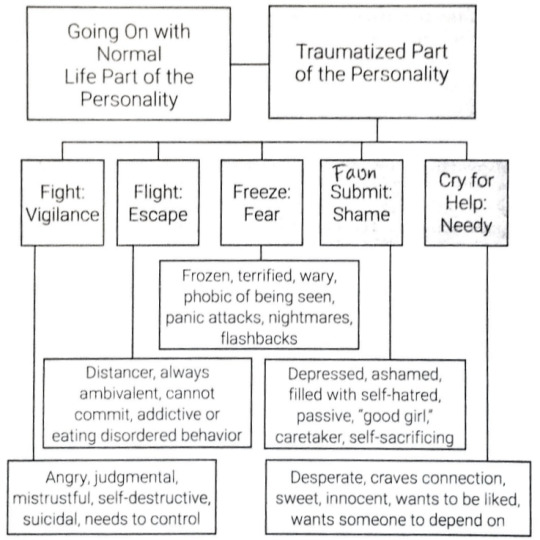
495 notes
·
View notes
Text
i'm obsessing over a new fictional character. gee I sure hope this doesn't turn into something else [smiles in were stressed right now and have a low split tolerance]
0 notes
Text
Hi y’all! For those relating to my OCD posts, I want to once again provide you with what is in my opinion the as-of-now best, most thorough and effective free resource for understanding OCD and OCD treatment & recovery!
If you have TikTok or Instagram, I am borderline begging you to check out their posts there. The work they have done to normalize and destigmatize some of the ugliest components of this disorder, which I have never seen anyone else speak on, is tremendous. But you can get good info on their website too!
You might often see me insist again & again that OCD is different from other anxiety disorders & also that avoiding triggers & engaging in reassurance makes OCD worse,
but knowing that doesn’t mean you have the full picture. And even if you do, so what? How do you deal with the extreme discomfort that comes with effective OCD treatment? I wouldn’t expect anyone to simply start exposing themselves to triggers with no further info or guidance.
So once again, I am pointing y’all to Made of Millions, an OCD & mental health focused nonprofit that I think is doing amazing work!
Seeing Spongebob memes about something I was once so scared to bring up to my therapist that I threw up…well, it’s somehow funny in a very healing way.
VIDEO TRANSCRIPT UNDER THE CUT FOR POST LENGTH:
00:00
Did you know that trying to stop or avoid intrusive thoughts is actually making them worse, and let me explain why. So here is the OCD cycle, and that being said, you can have intrusive thoughts or engage in compulsions without having OCD. Everyone has intrusive thoughts, they're completely normal, and everyone engages in compulsions from time to time, but it's really the frequency and the severity of these two things that determine whether you have a disorder. Regardless about whether you have OCD or not, it's still helpful to learn about this cycle because it teaches you how to properly respond to intrusive thoughts.
00:28
That being said, let's use the example of getting intrusive thoughts while you're driving. So you're on the road and your brain suddenly throws you an intrusive thought. What if you suddenly just swerved off the road, or you hit a pedestrian, or hit a tree, whatever? That intrusive thought might cause you a lot of anxiety, and this is where you can choose to either engage in the cycle or break away from it. If you choose the cycle, you will do compulsions.
00:48
These are things that you try to do to alleviate the discomfort, the anxiety, the uncertainty of intrusive thoughts. So this might look like blasting music in your car to distract you. Compulsion. It might look like avoiding driving because you're scared of those intrusive thoughts popping up. Compulsion.
01:03
It might look like thought stopping. Maybe you're yelling to your brain, please stop giving me these thoughts, whether that's verbally or mentally. Remember, compulsions can be all in your brain. And while these compulsions give you temporary relief, they do not actually fix the problem.
01:15
The sad news is that you cannot stop intrusive thoughts. They're going to pop into your brain regardless of how many compulsions you do. In OCD land, we often use the pink elephant exercise. So if I tell you, don't think about a pink elephant, don't think about it. Don't think about what is your brain doing?
01:28
It's thinking about the pink elephant. So you can't stop intrusive thoughts. However, the good news is that we can choose how we respond to them. Remember that intrusive thoughts are ego dystonic. This means that they are opposite to our character.
01:40
They don't actually mean anything about us, about what we want, our desires, our beliefs. And just because you think of a thought, it doesn't mean that you're more likely to act on it. Now, you may be wondering, why am I on the road? And why is my brain throwing these thoughts at me when it's the last thing I would ever want? Well, intrusive thoughts like to focus on our biggest fears.
01:55
So if you love being alive and being a safe driver, your brain is going to throw out the worst case scenarios at you. And the best thing to do in these situations is to just let the thought pass. Don't engage with it. Don't question it. Don't do mental compulsions. Don't do physical compulsions.
02:08
This will cause you a lot of discomfort. It will be very anxiety inducing. It might even feel irresponsible to not engage in compulsions to try and keep yourself safe. And at this point, you might be telling me, but I do compulsions and they help me. And it may seem that way because compulsions can feel really good
02:21
and they help you to avoid discomfort. But in reality, they are just keeping you stuck in the cycle. OCD recovery is all about accepting uncertainty and knowing that even if these intrusive thoughts pop up, we do not need definitive answers. Thoughts are just thoughts.
02:33
And the more you practice just letting them float by and not engaging with them, the more you teach your brain that you're able to tolerate these uncomfortable feelings, which is easier said than done, but it's definitely possible. I'm proof of it. Every person in OCD recovery is proof of it.
02:45
It can be done.
2K notes
·
View notes
Text

Today's bird is this golden eagle!
356 notes
·
View notes
Text
New headache inducing recovery shit: For the first time.. stress... caused a fusion??.. Interesting experience
#alter: quinn#vaguely a shitpost#solely because i dont have the energy to elaborate more#did#did system#headache inducing healing
1 note
·
View note
Text
I am but a vessel for the voices in my head
4 notes
·
View notes
Text
looking hot when I go out in public so people can't tell I'm incredibly anxious about being perceived 😂✌️
0 notes
Text
Okay, you need to make sure you play this game at some point. Maybe not today or anything, because you’ll need about thirty minutes and a serious willingness to understand how it works, but - it’s so worth it. It’s basically an answer to our occasional frustration - why do assholes always come out on top? - and the beautiful thing about it is that not only does it explain how that happens, but also how we can change it.

“In the short run, the game defines the players. But in the long run, it’s us players who define the game.”
204K notes
·
View notes
